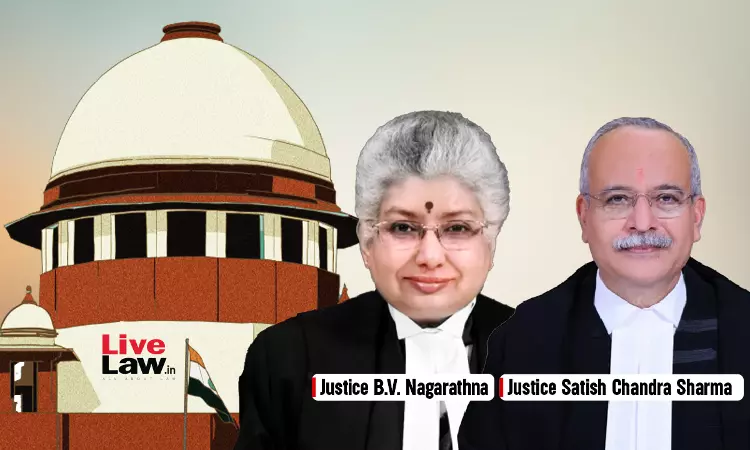S. 197 CrPC | Sanction Needed Even For Acts Exceeding Authority If There's Reasonable Nexus With Official Duties: Supreme Court
Yash Mittal
7 April 2025 4:12 PM IST

"A mere excess or overreach in the performance of official duty does not, by itself, disentitle a public servant from the statutory protection mandated by law. "
Next Story


